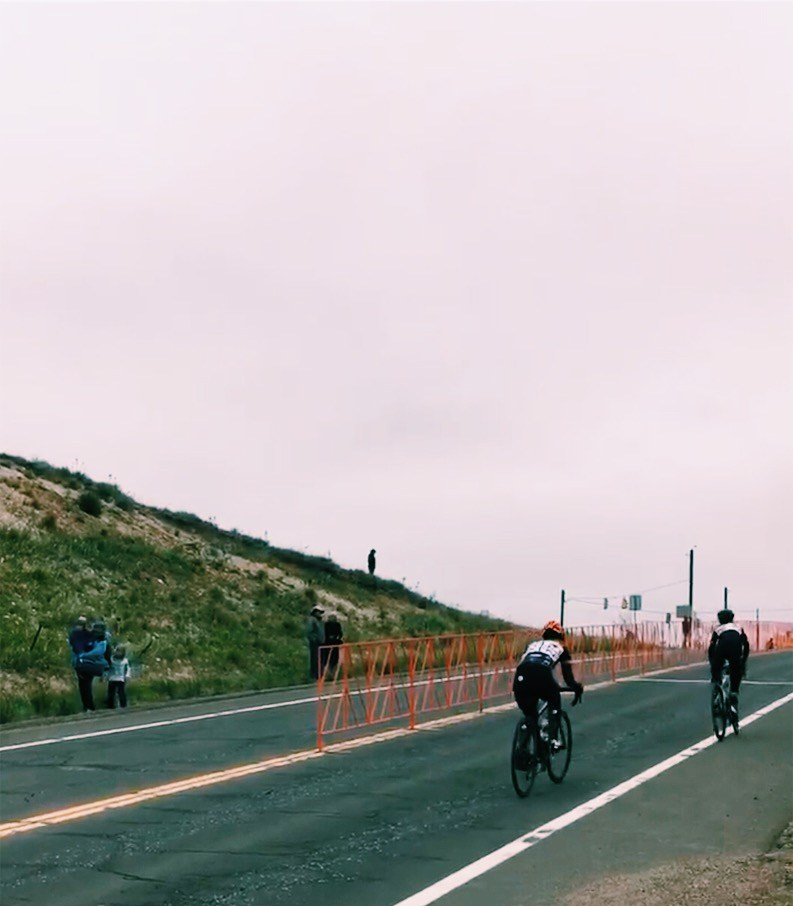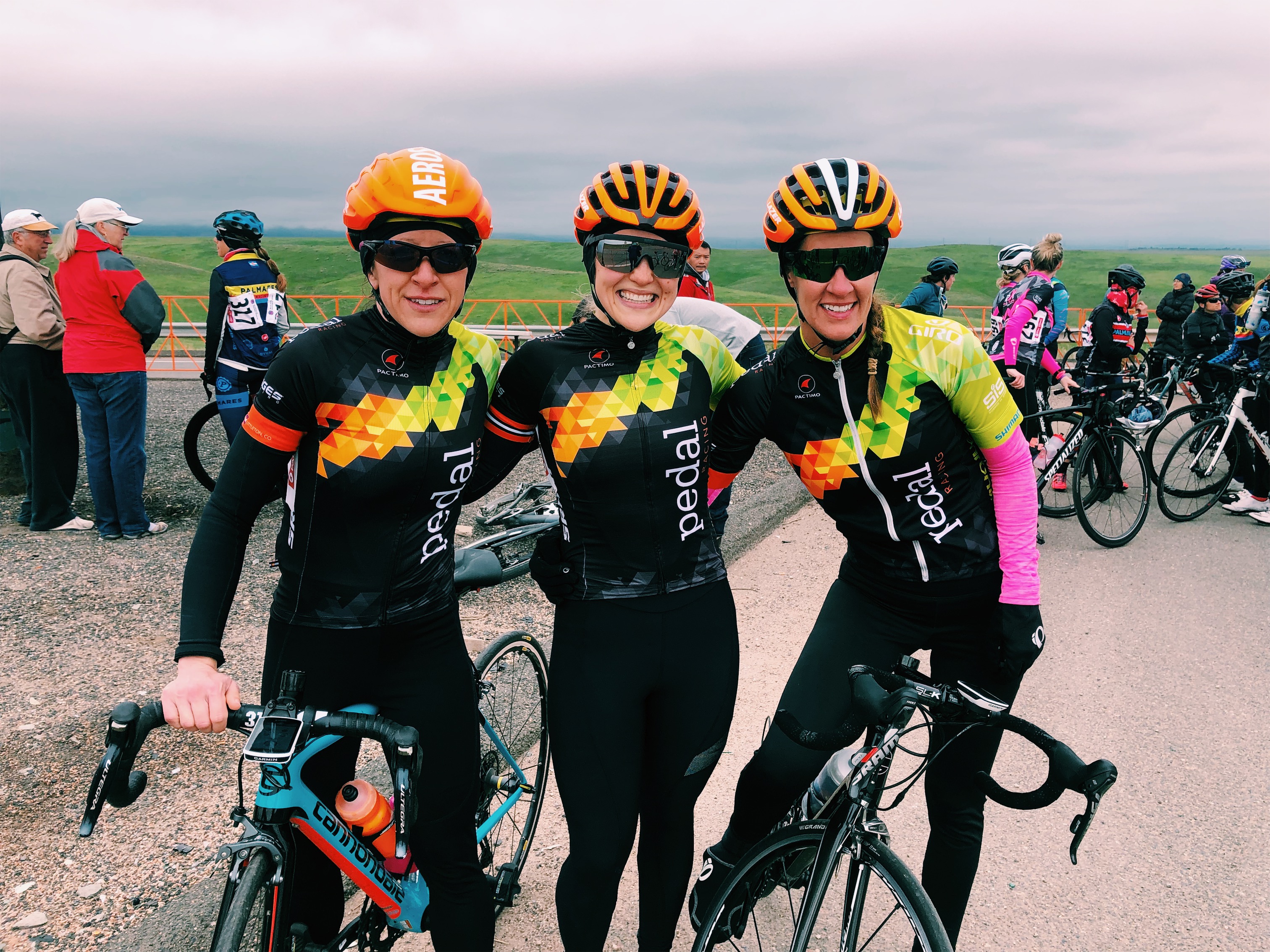I am of the doctrine, “If you’re not first, you’re last.” I don’t know where I first heard that, but I know it’s been a thing for me since I was young. I remember Field Day and desperately wanting to bring home as many blue ribbons as possible. Green for the shoe kick? Red for the 50-meter dash? Fuckin’ trash results.
Any other color indicated my failure. In my 9-year old mind, if I had other colors, I’d focus on those instead of the blues. Even though my parents thought all the colored ribbons were a sign of me trying my best, I didn’t feel that way. I sucked at the shoe kick. I was less of a 9-year old for my failure to kick my shoe as far as possible. What’s the point of life if I can’t beat the other kids in flinging a textile object across the grass?
Fast forward to today, I’m still unable to shake the idea of my perception of failure if I’m not the best. Call me a perfectionist, obsessive-compulsive, self-critical, neurotic, whatever else Psychology Today lists for people like me. I like to believe I handle losing better than I did when I was 9 years old, but it takes a lot of self-discipline and reading self-help books after the event to feel okay.
I’ve learned that no one else cares about my results as much as I do. Frankly, they could give a damn. I know this because I don’t give a damn about anyone else’s results. They’re not me. Obviously, I want my friends and family to do well, but when it comes down to it, I’ll love them regardless if they’re first or dead fucking last. Their results aren’t what makes them the person I care about. If it was, I’d be a pretty shitty person. The people in my circle are the same way: They care about me as a human being, not the results I have at the end of the day. While I’m ruminating over a fourth place at the Superior Morgul, they’ve long forgotten my results. They probably don’t even know the results.
What bothers me the most is knowing that a course like Superior Morgul shines a light – nah, shines a spotlight – on my weaknesses as a bike racer: pitchy climbs and sprint finishes. Mix the two together like we’re on The Great British Baking Show and you get a soggy bottom.

I knew the finish on “The Wall” was going to be a bastard. It has been the past few years I’ve raced it. I wanted First Place and it was more to prove that I’m stronger now than years past. What really messed with me was believing that two of the five of us were Masters racers racing up to the finish. I thought that I only had to out-sprint two other racers. Come to find out, as I walked toward the podium when Lance said, “In 3rd place….”, there was an older rider who was registered as a Cat 3. Thanks to confusing bib numbers and the fact that the Cat 3’s have dismal attendance in nearly every Colorado race, that woman was on the podium instead of me.
And fair play to her. She started putting the hurt on for the finish after we made our last turn on to McCaslin Blvd. I held on and it sucked. I knew I was up against very strong climbers. I mean, you don’t sign up for this race if you’re not a strong climber. I keep thinking I am and then I’m proven wrong time and again.
Just like last year, we hit the steepest part of the hill and off they went – my 9-year old self watching their shoes flying across the grass as mine stuck to my foot. Bike racing is ruthless. You can’t hide behind a team in cycling as well as other team sports. It’s on you. You’re responsible for your results. I was responsible for my results. The ineffable feeling of crossing that white line behind the rest of the pack instantly made me feel inadequate.
Truth be told, I let myself feel that way. I chose those feelings. We have the power to choose how we feel about anything. And for some sick reason, I chose to make myself feel inadequate. Standing there, shivering in the cold, 25 seconds behind the winner. I kept asking myself, “How the fuck are they so strong?” “How do I get that strong?” The dreaded comparison abyss we all easily fall into. Once you’re in it, it’s hard to get back out.
After sulking and shivering, and realizing I was going to be late for my volunteer shift, I jumped on my bike to make the descent to my car, trying in vain to wick away flaws.

We all experience this feeling of inadequacy. If you’ve never experienced it, then you’re not trying hard enough. When you do feel like shit after a loss (whatever it may be), there are healthier ways to process it:
Get angry. Feel upset. But don’t lose the lesson.
You totally can take a minute or two to get angry or feel upset. It’s human nature to have emotions. Feel the feels but then figure out what you did wrong and come up with a plan. Pissing and moaning about a perceived failure will only get you so far. You need to come up with a plan so you don’t make the same mistakes in the future.
Remind yourself to thank your competitors, either in person or to yourself. They’re helping you get better. If I won the race, I’d assume I’m doing everything right. Sure, it’s a good feeling, but no one’s perfect and there are always ways to improve. Coming in fourth place teaches me that I still have a ways to go, that I need to make some changes to my training, and work on my weaknesses. I wouldn’t have been as introspective if I won as much as I was when I “lost.” We learn more when we lose than when we win. Think about the times you’ve lost (personal, business, sports, etc.) and compare that to time you’ve won – when did you learn more?
Exercises borrowed from Thinking Body, Dancing Mind
I wanted to be realistic and walk myself through some exercises to change my attitude about the race. Here are two exercises I found useful in Thinking Body, Dancing Mind by Chungliang Al Huang and Jerry Lynch.
Exercise #1: Changing the way you talk to yourself (p. 140)
Make two columns and label one “Self-negative comments” and the other “Changed to their opposite.” In the first column, list all the negative comments you say to yourself, don’t edit them – just write ‘em all down.
Then force yourself to change those comments to the opposite. It’s difficult to do when you’re feeling shitty, so you could always write down the negative comments and come back to the list later when you’re more level-headed.
Here are a couple of examples I wrote after the race:
| Self-negative comments | Changed to their opposite |
| I’m not fast enough | I’m fast enough |
| I’m not a climber | I have the legs to climb |
| I’m too heavy | I am the perfect weight |
It feels unnatural if you’re a pessimist at heart. This obviously takes practice and something that won’t change overnight. Do it anyway and see how you feel afterward.
Exercise #2: Listing your positive qualities (p. 141)
List 5 qualities (25 total) for each area of life:
Physical:
Spiritual:
Professional:
Emotional:
Social:
After you’ve listed five qualities in each category, create a positive affirmation statement for all of them. Start reading these daily. Post them around your house or on your phone, wherever you look the most.
Honestly, I haven’t started Exercise #2 because I struggle to find my strengths. There are a ton of resources via Google to help you brainstorm.
Here’s a comprehensive list of personality qualities from the Journal of Social Psychology.
Being critical of your performance or qualities you’d like to change is imperative if you want to grow, but ruminating over it and letting that negativity pervade the rest of your life is unhealthy. In the grand scheme of things, it doesn’t really matter. One race coming in fourth doesn’t matter. How you treat people, how you treat yourself, and how you make things better for others is what matters. Don’t be afraid to fail. Failure is a sign of growth, not an indication of your worth.
Thanks to my patrons who make my writing possible. You can become part of our club here:
Become a Patron!
Pingback: Race Anecdotes: 2019 Bike Race Season Review – Peregrination